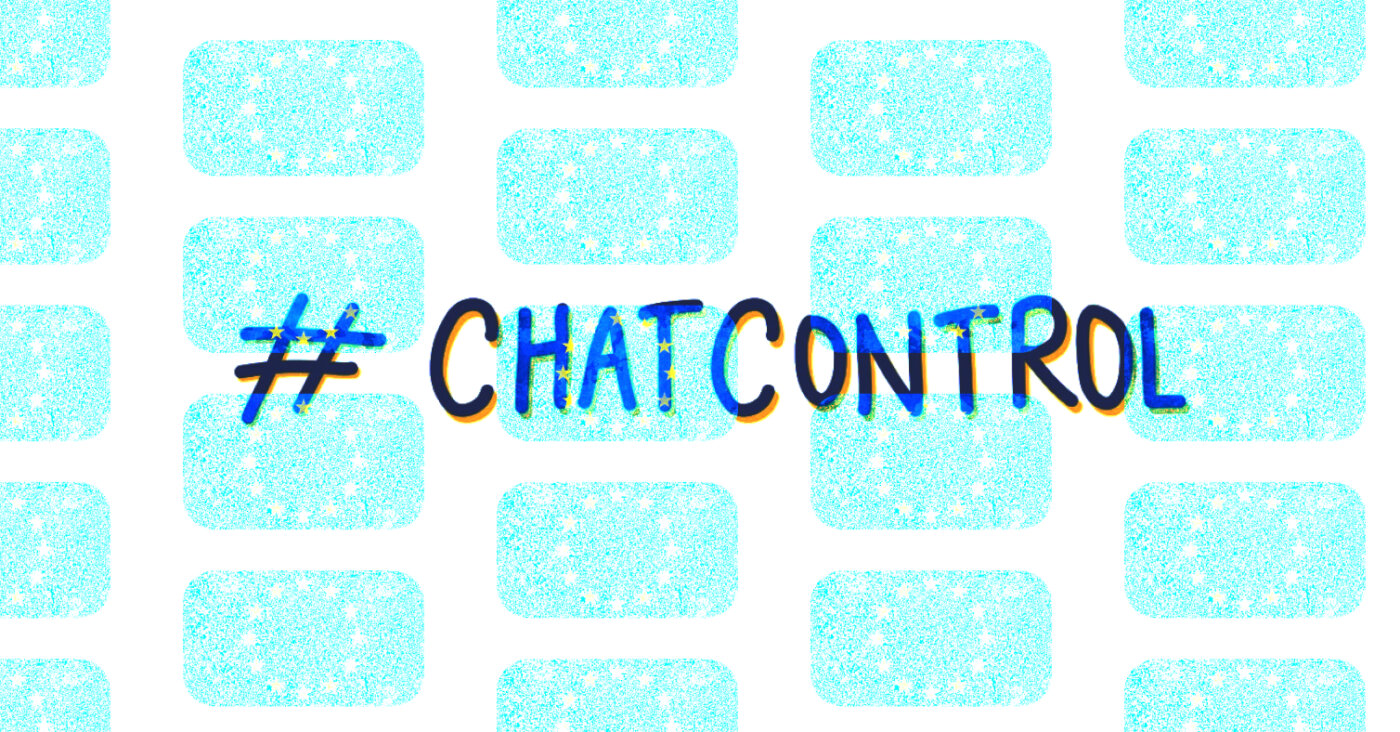In what may become a defining moment for European digital rights, the German Interior Ministry—led by the CSU—has launched a last-ditch effort to force the approval of the EU’s “chat control” plan by Tuesday, 7 October. The move aims to compel the Federal Ministry of Justice (SPD) into acquiescence, clearing the path for a majority in the EU Council to adopt the mechanism as early as Wednesday (8 October) or during the council meeting on 14 October.
Pirati.io reports this initiative comes despite vehement warnings from Germany’s Federal Office for Information Security (BSI), the Signal messaging service, the Chaos Computer Club (CCC), the Max Planck Institute for Security and Privacy, and hundreds of leading scholars.
At the same time, former MEP Patrick Breyer (Pirate Party) has exposed that the European Commission misled child protection NGOs with false assurances—and he is now calling on citizens to protest the impending legislation.
What the Proposal Would Do
The draft “compromise” text (document 13095/25), submitted under the German-led push, suggests that random scans of private messages would target only known abusive content. But critics stress this change is cosmetic: the underlying structure still mandates mass monitoring of private conversations via automated searches. It effectively erodes true end-to-end encryption, opening backdoors into secure messaging channels—something the BSI explicitly warned against, stating that “every breach of E2E encryption increases the attack surface and poses high risks.”
Facing this, the Signal and Threema services have threatened to pull out of the EU altogether to avoid enforced compliance. Signal’s president, Meredith Whittaker, called Germany’s maneuver a “catastrophic about-face.” Breyer warns: “If chat control is implemented, secure messaging apps will vanish from Europe, and we risk digital exile.”
False Framing and Disinformation
In July, the Commission downplayed the legislation’s scope to child protection organizations, calling it a “limited extension” of existing powers. Breyer and civil society groups call this a deliberate misdirection. In reality, the proposed regulation would force all private chats to be scanned, with automatic flagging, reporting, and weakening of encryption tailored around content detection.
Moreover, even though the proposal is framed around child protection, the council’s draft includes exemptions for state actors. Article 7 would exempt the communications of policemen, intelligence agents, soldiers, and associated ministers from chat scanning. Breyer comments:
“If lax oversight is good enough for ministers and agencies, why should citizens bear the consequences of an Orwellian surveillance regime while governments exempt themselves?”
Where Things Stand in October 2025
- Critical Deadlines
- 7 October 2025: Germany aims to lock in approval from its own ministries.
- 8 October 2025: The Committee of Permanent Representatives (COREPER) may push the proposal forward.
- 14 October 2025: Final deliberations are scheduled among EU interior ministers.
- Shifting National Positions
Germany’s prior strong resistance to chat control has softened; the country is now officially “undecided.” (TechRadar)
Notably, Germany and Luxembourg have recently declared opposition to the bill, joining a growing bloc of countries rejecting compulsory chat scanning. (TechRadar) - Scientific and Civil Society Pressure
Over 500 cryptographers and cybersecurity researchers have signed open letters warning the law is technically unfeasible and dangerously error-prone. (TechRadar)
These letters argue the law would introduce mass surveillance, degrade encryption, and destabilize digital security across Europe. (Patrick Breyer) - Institutional and Legal Risks
The European Parliament has faced accusations of political blackmail: leaked documents suggest it threatened to halt renewal of voluntary scanning legislation unless the Council accepted the mandatory approach. (TechRadar)
Meanwhile, the European Parliament’s own legal service flagged concerns that the regulation would conflict with core fundamental rights, particularly privacy and data protection. (European Parliament) - Technical and Security Concerns
Critics repeatedly note that client-side scanning—the method by which apps would inspect content before encryption—is imperfect and prone to false positives. (Patrick Breyer)
The law’s mandatory weakening of encryption would also create new vulnerabilities that could be exploited by malicious actors, rival states, or hackers. (European Parliament) - “Exemption” for Power Structures
The draft text’s built-in exemption for the governmental apparatus reveals the double standard: surveillance powers applied to the public, but withheld from state actors. (European Pirate Party)
This privileged carve-out underscores how those drafting the law distrust its security or accuracy for their own use—but still want it applied to everyone else.
Why This Matters
The proposed “chat control” law matters because it represents a profound threat to privacy, security, and democracy in Europe. By mandating client-side scanning, it ensures that no message within the EU can ever remain truly private, pulling legitimate communications—whether personal messages, photos, or financial data—into sweeping automated surveillance systems.
While framed around child protection, the acceptance of this breach of encryption would set a dangerous precedent: once established, the same mechanism could easily be extended to other purposes such as counterterrorism, hate speech, or national security, gradually normalizing a surveillance state.
Beyond privacy, the legislation weakens encryption itself, undermining trust in digital services, harming cross-border commerce, and creating vulnerabilities that malicious actors could exploit. At the same time, the draft exempts state actors such as ministers, soldiers, and intelligence agencies from monitoring, exposing an imbalance in accountability: those in power are shielded from the very system they wish to impose on the public.
Finally, the way the proposal is being pushed—through rushed timelines, political pressure, and behind-closed-doors maneuvering—underscores the democratic erosion at stake, revealing a growing tension between citizens’ rights and the desire for digital control.
What Citizens Can Do
Breyer and allied organizations urge immediate civic engagement:
- Contact your national and EU representatives to oppose chat control (tools like fightchatcontrol.eu can help).
- Support transparency and independent oversight of any final legislation.
- Amplify expert warnings about false positives, encryption erosion, and legal conflicts.
- Demand that any child protection strategy be proportional, rights-compatible, and technically feasible (for example, targeted investigations, age verification post-facto, not sweeping suspicionless scans).
The latest push for “chat control” represents more than a child protection measure—it’s a turning point. If passed, it would institutionalize mass surveillance under the guise of security, weaken the cryptographic foundations of private communication, and codify a system that exempts state powers from the same rules it imposes on citizens.
As Pirati.io put it: this is a frontal assault on freedom and reason. The coming days will decide whether Europe stands for privacy, digital autonomy, and equality—or if it cedes them in the name of security.







